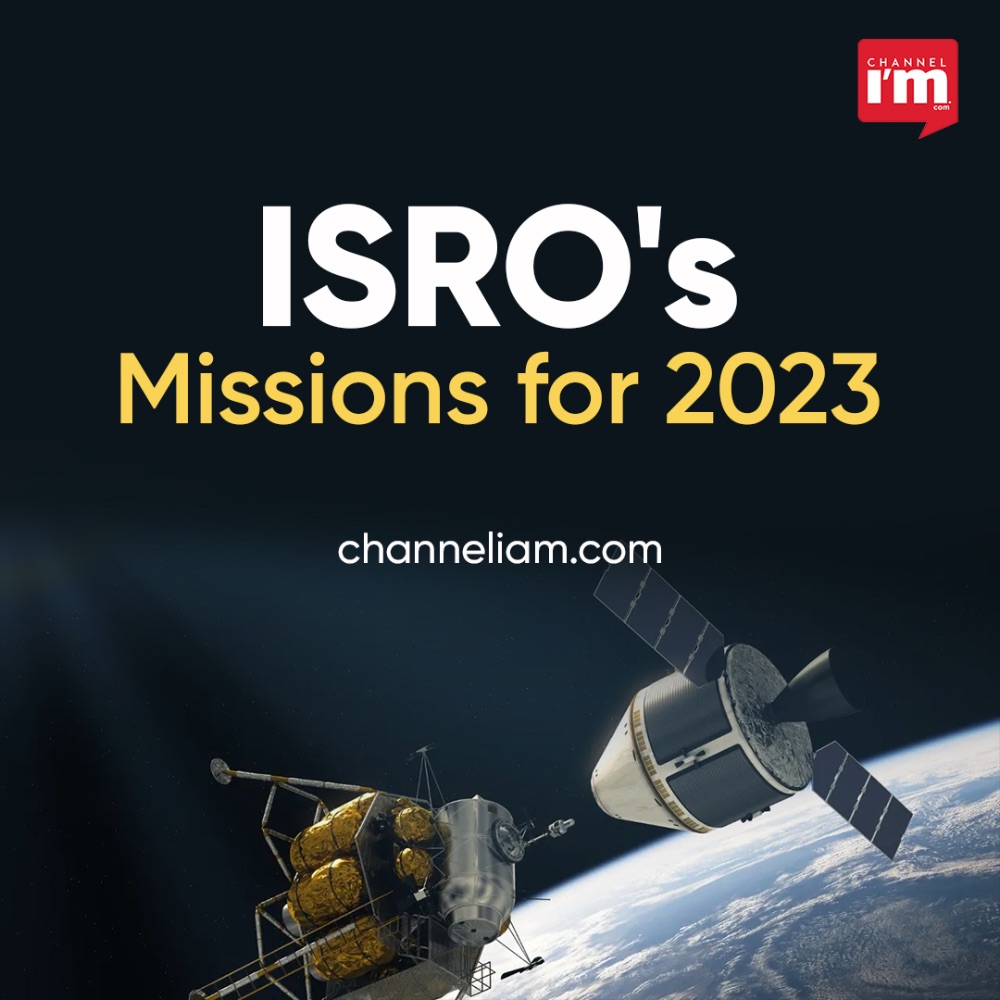
The Indian Space Research Organisation (ISRO) is all set to indulge in new experiments in 2023. ISRO’s plans would begin early next year with the first runway landing experiment (RLV-LEX) of the reusable launch vehicle from the Aeronautical Test Range in Karnataka’s Chitradurga. Besides Aditya and Chandrayaan-3, the year will also see a series of experiments on India’s maiden human space flight – the Gaganyaan project. The first uncrewed mission with the aim of validating the performance of the human-rated launch vehicle, orbital module propulsion system, and recovery operations is expected to take place in the last quarter of 2023.
The emerging space tech field is also up for experiments this year. The startup Skyroot Aerospace, which launched India’s first privately-developed rocket in November 2022, plans to put a client satellite in orbit in 2023. Chennai-based startup Agnikul Cosmos is ready for the test flight of its highly customisable ‘Agnibaan’ rocket. According to experts, the startups are quite ambitious about exploring the space sector, which was earlier the sole domain of ISRO. They want to leave their signatures in the earth imaging sector- from developing rockets to launching small satellites, designing cheaper fuels for satellites, and even planning to take tourists on a space journey. DhruvaSpace, which had launched two satellites Thybolt 1 & 2 onboard ISRO’s PSLV C-54 mission, has already bagged its first commercial contract worth Rs 20 crore to build satellites.
According to Lt Gen A.K. Bhaatt (retd), Director General, Indian Space Association, the number of space startups in India has already crossed 100 and these startups have raised funding of more than USD 245.35 million. In 2022, the industry witnessed some major milestones with NewSpace India Limited (NSIL) authorising the space conglomerate formed by Larsen & Toubro (L&T) and Hindustan Aeronautics Limited a Rs 860-crore contract for the commercial development of the next five Polar Satellite Launch Vehicles (PSLVs). OneWeb had signed up the services of ISRO’s launch vehicle to put 36 satellites in low earth orbit from Sriharikota. A follow-up launch of another 36 satellites is expected this year.
In a nutshell, the Indian space sector’s aggressive attitude is going to pay off this year. The year may see Indian space start-ups, MSMEs and big corporates striking business arrangements amongst each other, letting the B2B segment grow.
